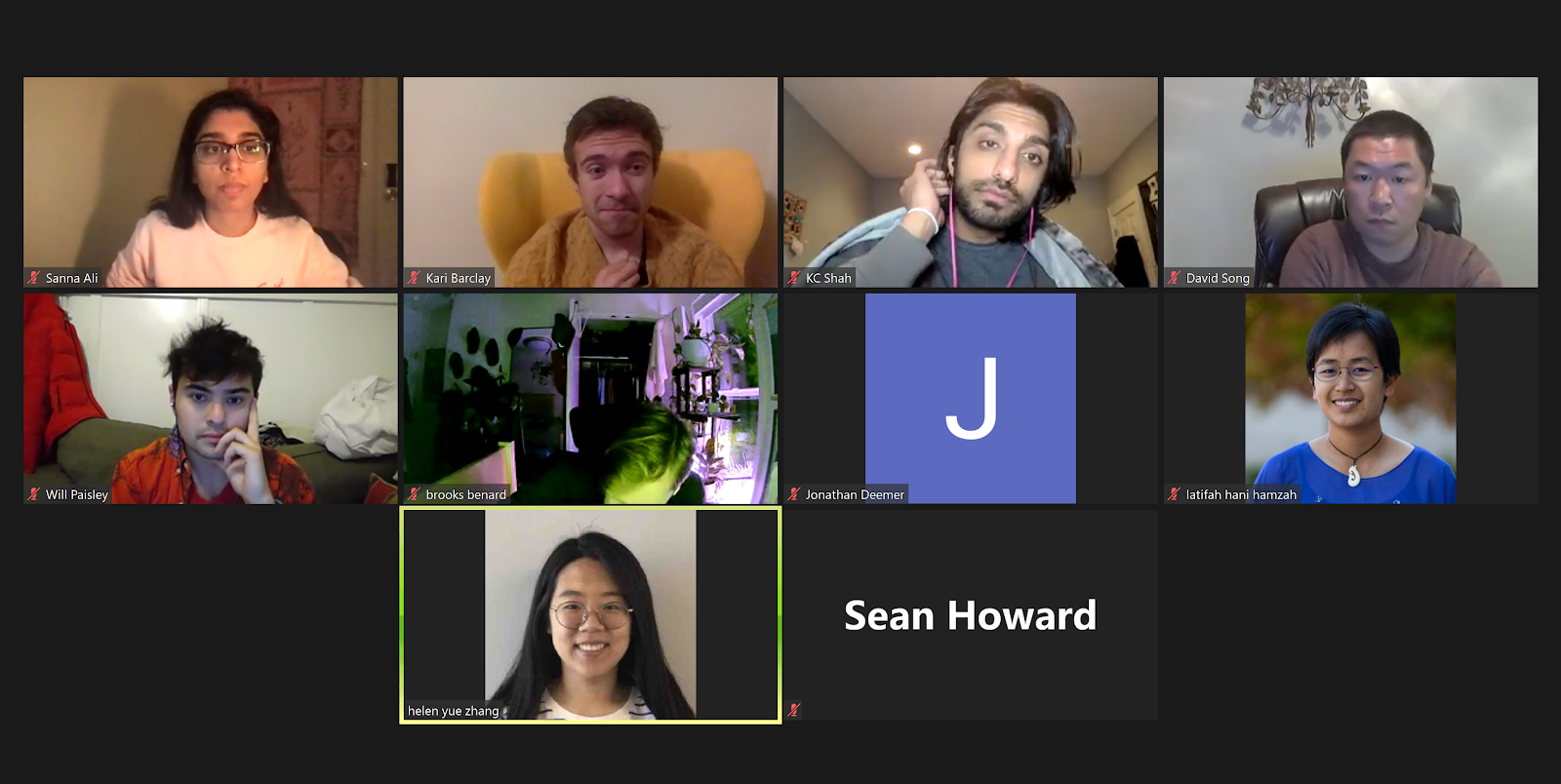The Graduate Student Council (GSC) prepared to join the effort to substantially re-evaluate and reform the Associated Students of Stanford University (ASSU) constitution, picking councilors K.C Shah J.D. ’22 and Jonathan Deemer J.D. ’23 to join a constitutional reform committee.
The committee will comprise representatives from the GSC, the Undergraduate Senate and the ASSU executive team, who will look to reform the constitution which has not undergone significant revisions in approximately 10 years. Once the committee proposes changes, both ASSU legislative bodies will vote on the recommendations. If the revised constitution passes, it will head to the entire student body for a final vote before it takes effect.
Shah said that currently, the constitution causes “a whole bunch of problems” for the ASSU, including internal inefficiency, an unclear relationship with the Faculty Senate and the document’s use of gendered pronouns.
“We can’t fault the University for being decentralized and inefficient if we’re decentralized and inefficient,” Shah said. “My hope and interest in the committee is making sure that we’re as efficient as possible and ironing out any changes that should have been made a year or two years ago.”
Shah also raised concerns about the relationship between the ASSU legislative bodies and the Faculty Senate that he hopes to address through the revisions.
“Two thirds of both bodies will vote in favor of a resolution and it will go to the Faculty Senate, but it’s unclear where they go after that or what exactly happens there,” Shah said. “I think this would be a good chance to figure out why that happens.”
Currently, if a resolution passes both the GSC and the Undergraduate Senate, the bodies can request that the Faculty Senate also vote on the resolution. Last year both legislative bodies passed a joint resolution to unhouse Greek life on campus, sending the issue to the Faculty Senate for consideration. In its subsequent meetings, the Faculty Senate has not discussed the issue.
Councilors also continued discussion of whether or not the body should issue a vote of “no confidence” against the University in the wake of its decision to cancel plans to bring frosh and sophomores back to campus two days before the beginning of winter quarter. Shah considered whether the vote, which would be largely symbolic, is the best way to communicate the body’s concerns.
“We want to do something that actually makes a difference in terms of getting administrators to treat us not as a checkbox,” Shah said. “We want to see a change by administrators. But I don’t know if administrators are going to change just because of a vote of no confidence. In terms of practicality, it doesn’t really change that much unless you have faculty, specifically the Faculty Senate, on board.”
GSC co-chair and fifth-year theater and performance studies Ph.D. student Kari Barclay said that a vote of no confidence could be somewhat “unfocused.” Barclay added that for the University to make progress with students, it first needs to prioritize building a relationship founded on mutual trust.
“By not consulting us as students, the University is essentially giving us a vote of no confidence,” Barclay said. “I hear a lot of conversations about wanting to build trust between students and the administration. It starts with having confidence in us. Then we’ll have confidence in you.”
Contact Tammer Bagdasarian at tbag ‘at’ stanford.edu
